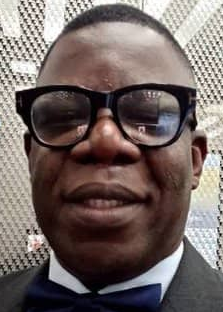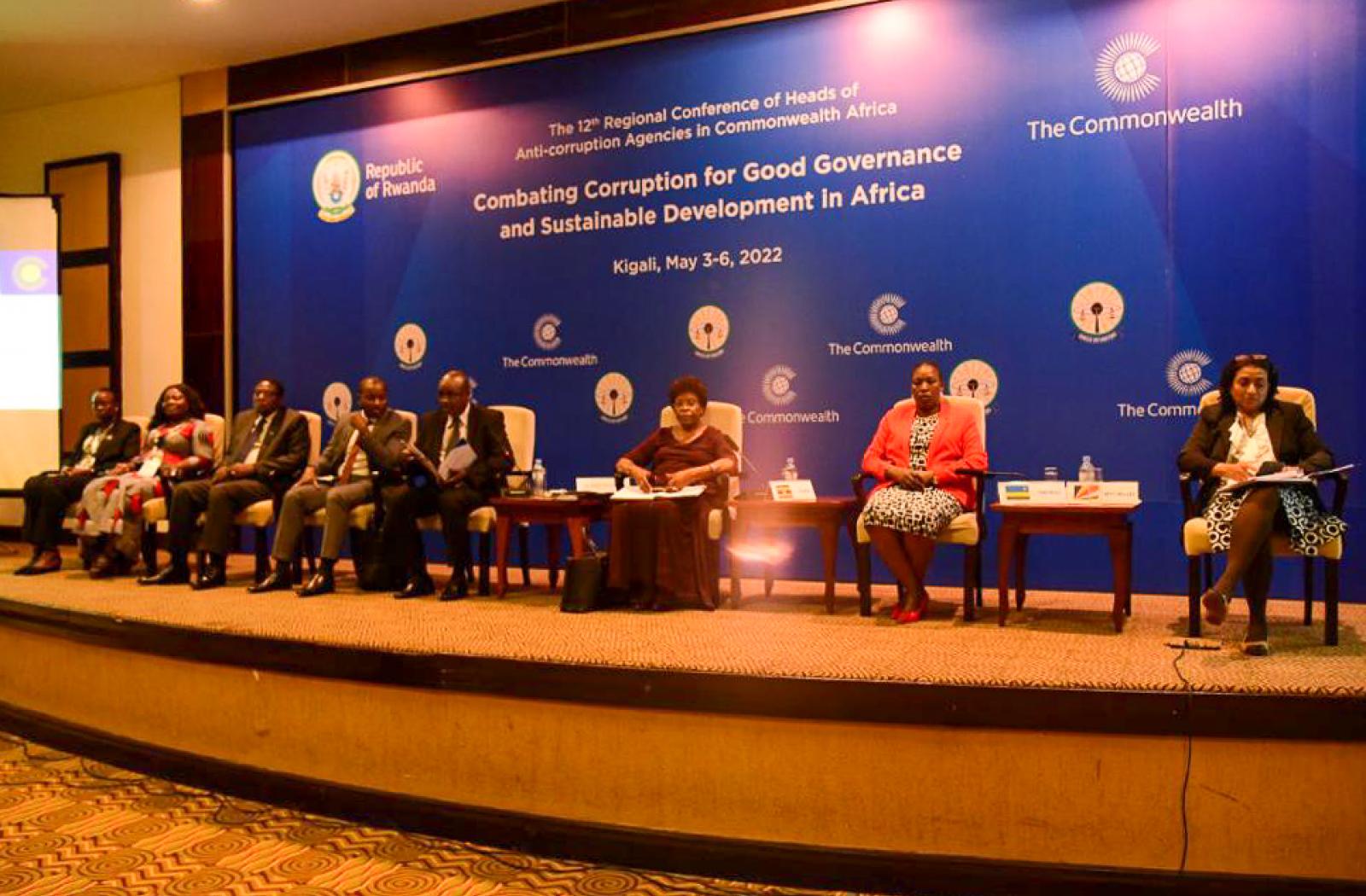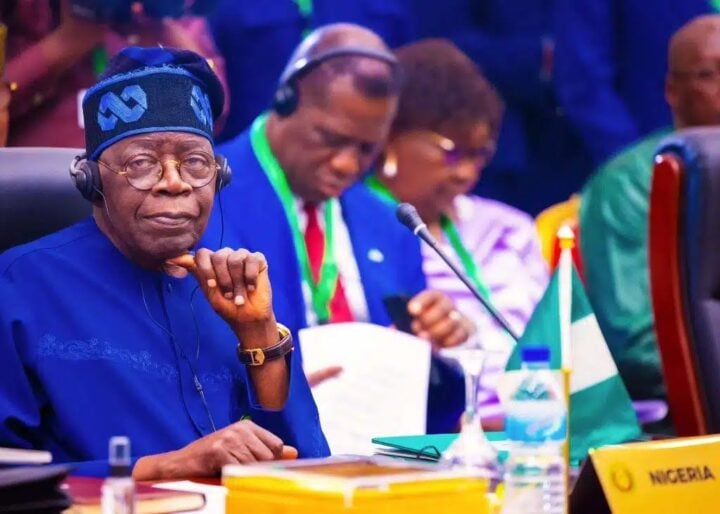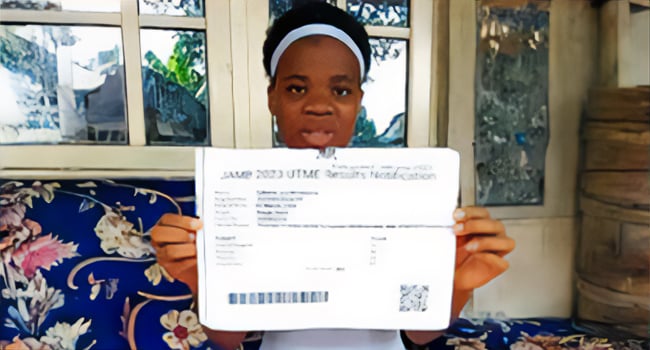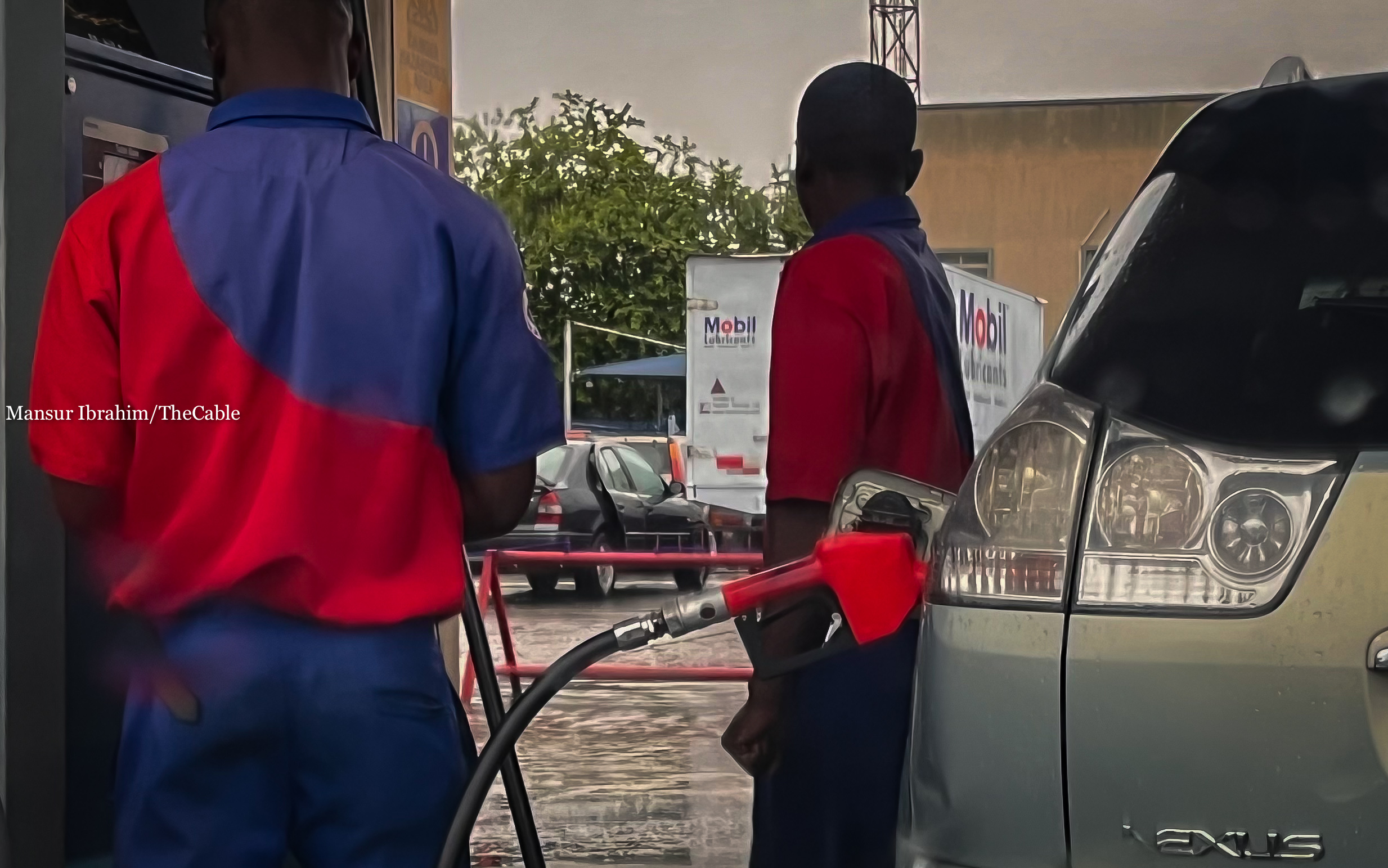The African Convention against Corruption, crafted by the African Union member states, and subsequently adopted by the African Union Assembly as the African Union Convention on Preventing and Combating Corruption (AUCPCC). It was adopted by the 2nd Ordinary Session of the Assembly of the African Union on 11 July 2003 in Maputo, Mozambique. Based on this, 11 July of each year is dedicated as the Africa Anti-Corruption Day.
Today, therefore, is another important continental event showcasing Africa’s efforts against corruption. According to the United Nations and African Union standards, a child of 20 years should be described and treated as a mature adult. As we commemorate the 20th anniversary of the adoption of the African Union Convention on Preventing and Combating Corruption today, can Africa conclude that the African anti-corruption system has matured and is making the requisite progress in tackling corruption?
Out of the fifty-five African Union member states, forty-eight have ratified the Convention, leaving behind seven-member states that have not. Similarly, one of the Regional Economic Community of the African Union, the Economic Community of West Africa States (ECOWAS), has adopted a Protocol against corruption for its members to fully operationalize the continental agenda against corruption in West Africa. This is in line with the provisions of the AUCPCC. Nearly all the AU member states of the African Union across the five regions of the continent have different normative instruments against corruption and other related offences. In other words, Africa is above board when it comes to development and adoption of anti-corruption normative frameworks.
As indicated above, the AUCPCC was adopted in Maputo on 11 July 2003 to fight rampant political and bureaucratic corruption. It represents a regional consensus on what African states should do in the areas of prevention, criminalization, international cooperation, and asset recovery. Going beyond other similar conventions, the AUCPCC calls for the eradication of corruption in both the private and public sectors. The Convention primarily consists of mandatory provisions which cover a wide range of offences including bribery-domestic or foreign, diversion of property by public officials, trading in influence, illicit enrichment, money laundering, and concealment of property. It also implores the ratified states to introduce open and converted investigations against corruption.
Advertisement
While corruption is a global challenge, experiences across the world have demonstrated that normative instrument against corruption is not enough without vibrant and effective institutions. It was this understanding that propelled the African Union, following the adoption of the above Convention in 2003, to establish the African Union Advisory Board against Corruption (AUABAC), based in Arusha, Republic of Tanzania.
While Regional Economic Communities have not established regional anti-corruption institutions, they have, however, brought together national anti-corruption bodies to coalesce under regional platforms, to among other things, share experiences and provide technical support for one another as provided for in the AUCPCC. Unfortunately, not much has been accomplished in this regard. At the national level, only few countries like the Republic of South Sudan have not established national anti-corruption institution in Africa. With the above developments, it is appropriate to argue that inadequate anti-corruption policy framework and institutions are by no means the challenge to overcome the problem of corruption in Africa. Rather, a growing commitment by relevant stakeholders, including the government and civil society is critical.
It is also important at this juncture to indicate that for the first time in the history of the leading continental inter-governmental political organisation in Africa, the African Union dedicated 2018 to anti-corruption. One of the outcomes of the year includes an increase in the ratification of the AUCPCC and the development and adoption of the Africa Common Position on Asset Recovery in Africa. One interesting development that year was the way the African Continental Free Trade Agreement (AfCFTA) overshadowed what the year was dedicated to- the fight against corruption. To my analysis and understanding, it clearly shows how the fight against corruption is not a top priority in the agenda of the policy and decision-makers in Africa.
Advertisement
According to the United Nations Economic Commission for Africa (UNECA)’s Governance Report in 2005, corruption is the most serious challenge and obstacle to the Africa we all want, following poverty and unemployment. The Africa we want has been crafted in different continental Action Plans over the years. To this end, one can convincingly argue that Africa is not new to the development of transformative development plans for the continent. A good reference in this regard is the development and adoption of the Lagos Plan of Action (LPA). The impact(s) of the LPA is by no means satisfactory in my own conclusion. The current continental development Plan is known as the Agenda 2063. It is a fifty (50) years blue-print continental development agenda for Africa. It elaborates in clear terms, how the continent would achieve the Africa that her citizens want by the year 2063. It has so much resemblance with the UN Agenda 2030.
In order to accomplish the above long-term development agenda, the African Union has developed three convincing architectures, namely the African Governance Architecture (AGA), the African Peace and Security Architecture (APSA), and the African Development Architecture (ADA). These three architectures complement one another and comprehensively provide for how to accomplish the seven Aspirations in Agenda 2063. While these transformative architectures are convincingly impressive, their domestication and implementation at the national level are by no means commendable nor desired. The regional and national development plans across Africa do not mirror the long-term continental development agenda 2063 as expected. This disconnection is a huge gap and a clog in the wheel of the Africa that we all want.
Also, with the ongoing devastating level of corruption, and illicit financial outflow from Africa totalling USD 50 Billion yearly, Africa may not be able to accomplish the well-crafted aspirations in Agenda 2063. In other words, the Africa we want by 2063 may just be as usual the dream of Africa. The question then is how do we overcome the challenge of corruption to realise the transformation we all want in Africa.
In response to the above, I argue here that corruption is a global problem, but its impacts vary due to different levels of systemic absorber(s) of the impacts. For example, the European Union Commission concluded that corruption by its nature is difficult to quantify but concluded that it costs the European Union economy at least €120 billion per year.
Advertisement
Going forward therefore, the African Union’s Regional Economic Communities (RECs)/the Regional Mechanisms (RMs) and the AU member states must walk their talks against corruption like the Republics of Rwanda and Botswana. They must be committed to the well-crafted African Union’s transformative development Agenda 2063 through domestication and implementation of the agenda at both regional and national levels. Further, they must domesticate and implement the AUCPCC.
In addition, the experience of fighting corruption in Africa has shown that Africa’s context has defied the usual anti-corruption normative instrument and institution approaches. Africa needs much more than these conventional anti-corruption strategies. A combination of demand and supply sides approach(es) against corruption is what is needed in Africa. In other words, political will is not enough but a combination of political and people’s wills are critical. Corruption is a crime against humanity and corrupt practices should be criminalized like genocide and other crimes against humanity. This has implications for judicial activism at all levels accordingly.
Finally, the African Court on Justice, Human and Peoples Rights and the global International Criminal Court against Corruption may as well be the solution to Africa’s long-term transformative agenda. I wish all lovers of our continent, a happy Africa Anti-Corruption Day.
Ikubaje, a Governance, Peace and Development practitioner is the author of ‘The African Union and the Fight against Corruption’, translated into six international languages.
Advertisement
Views expressed by contributors are strictly personal and not of TheCable.
Add a comment
